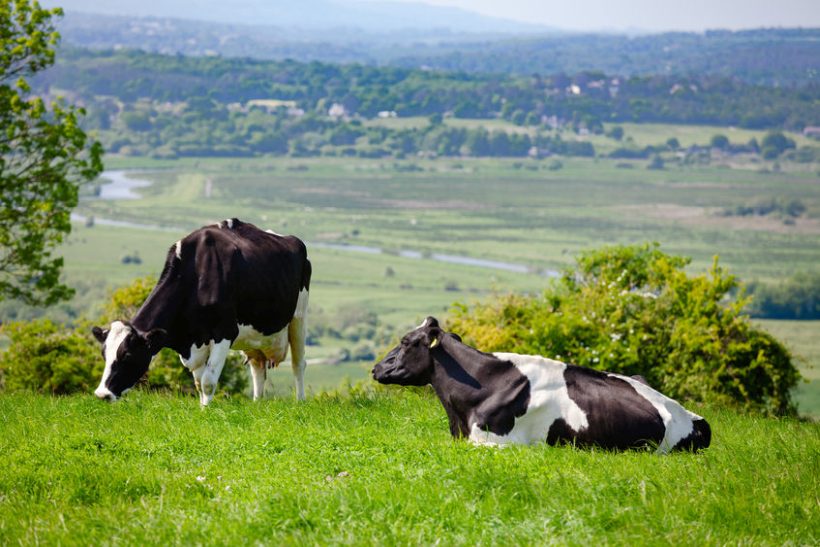
Arla will explore regenerative dairy farming practices on six pilot farms in the UK as part of new measures by the co-op to help the sector become more environmentally-friendly.
The pilot farms will create data-driven proof points of their impact on nature and climate, the dairy co-operative said in new measures announced this week.
At the same time, 114 organic farmers who supply Arla will measure their soil carbon content and register practices that promote biodiversity.
The co-op said it was taking 'tangible, farmer-led steps' to gain more insight into how the dairy sector could improve soil biology, carbon capture and other measures.
Pilot farmers in the UK will implement various regenerative methods, which will help build knowledge on they can be applied to different dairy farming systems and how they impact climate and nature.
And starting this year, organic farmers will self-assess and register their farm’s biodiversity activities once every year to generate data.
In addition to this, they will collect soil samples, which will be analysed by a third party laboratory to establish a baseline for their soil carbon.
The organic farmers will guarantee that a number of soil health and biodiversity measures are activated on their farms.
They will get access to a lever catalogue including information about how to measure and manage improvements, Arla explained.
From 2022, they will also self-assess soil health indicators, such as testing soil smell, spading ease and earthworm counts.
Arla's head of agri commercial support, Joanna Lawrence said: “A central part of why we want to explore regenerative farming is to gain data-driven proof points of using regenerative methods on dairy farms.
"While we have full attention on reducing our carbon emissions, the positive impact farmers can create as stewards of the land has not yet been thoroughly scientifically?proven.
"We want to secure more science-based knowledge to enable dairy farmers to take the right action for the future."
It comes as regenerative agriculture has been gaining attention from producers, retailers, researchers, and consumers as one of the responses to the twin crises of climate change and biodiversity loss.
While there is a general consensus that improvement of soil health and biodiversity are core elements in regenerative farming, there is no universally agreed definition of the approach.
Furthermore, there are few scientific examples of regenerative methods being implemented on dairy livestock farms in the UK and the rest of Europe that farmers can use as guidance.
Arla said it wanted to be part of filling this important data gap, using the experience and knowledge of its farmer suppliers.
The co-op's board of directors Janne Hansson said: “A number of farmers have been exploring regenerative farming methods for some time.
"Motivated by their enthusiasm, we decided to take a broader approach to this as a cooperative, spearheaded by the organic farmers and a group of pilot farmers."
